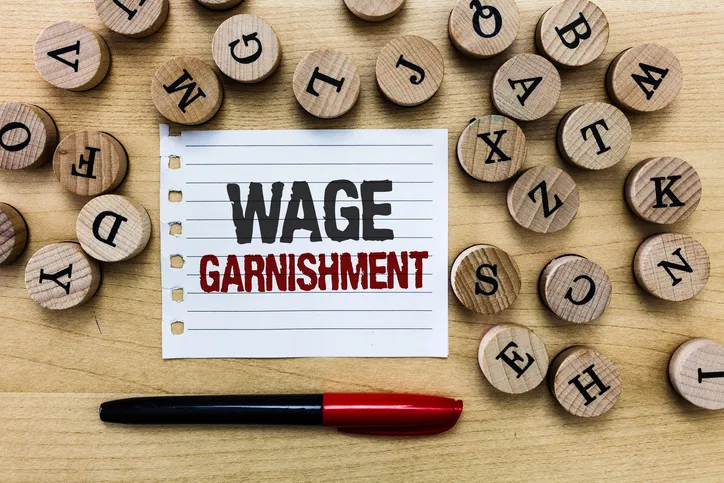Social Security benefits can be garnished; however, it does depend on the type of payments and the nature of the debt owed. Common reasons for garnishment include overdue financial obligations like unpaid taxes, federal student loans and child support. There are strict limitations on how much creditors can deduct, ensuring that a portion of your benefits remains protected. There are also certain debts that can’t be garnished from Social Security, such as credit card debt. For those relying on Social Security payments for essential living expenses, this knowledge can provide some relief.
Financial advisors can offer a holistic approach to helping you meet your long-term and retirement savings goals.
How Garnishing Works
Government agencies, employers and creditors have the authority to garnish a portion of your Social Security benefits to cover unpaid debts. For example, under the Consumer Credit Protection Act, an employer can withhold earnings for child support payments if a court order mandates it.
However, garnishments of benefits don’t always require a court order. The IRS, for instance, can garnish Social Security benefits without one. Still, there are specific regulations governing this process, depending on the circumstances.
Garnishing Limitations
Child Support or Alimony
You’ll be subject to garnishment of up to 50% of your Social Security benefits if you’re supporting a spouse or child other than the one specified in the court order. If you aren’t supporting another spouse or child, up to 60% of your after-tax income can be garnished. Up to 65% of your earnings will be garnished if you’re more than 12 weeks in arrears.
If you’re more than 12 weeks behind, and you’re supporting another child or spouse, you’ll be subject to a garnishment of up to 55% of your earnings.
Student Loans
You’ll run into a garnishment rate of 15% if you default on your student loan payments. But there is a rule that protects your monthly benefits: The government can’t leave you with less than $750 per month in benefits.
For instance, if you were receiving a monthly benefit of $800 and you missed a few student loan payments, you’d be subject to a garnishment fee of $120. You wouldn’t have to pay the entire fee, since a $120 payment would leave you with less than $750 a month. Instead, the government would just take $70.
Federal Income Taxes
The 15% garnishment rate also applies to federal income taxes. If you’re in arrears, you’ll typically have to pay 15% of your Social Security benefits.
Other Loans and Debts
If you have debt from a credit card, payday loan, auto loan, medical bill or personal loan, commercial creditors are not allowed to access your federal benefits, including Social Security. And that’s even if you have payments that are overdue.
401(k) funds are also generally shielded from commercial creditors, as long as the funds remain in the account. If they do, they’re protected under the Employee Retirement Income Security Act of 1974 (ERISA). However, IRAs have less protection and may be more susceptible to garnishment.
Unless you owe back taxes or child support, banks must review your account history over the past two months. If any Social Security or other protected benefits were directly deposited into your account within this “look-back period,” the bank must protect those funds.
Just keep in mind that, depending on your state’s laws, creditors can still garnish your wages. They can also access other assets you own, such as a house or car.
Bottom Line

Your Social Security benefits could be garnished for several reasons. They might be garnished for defaulted student loans, child support or alimony payments, or back taxes. Nonetheless, the government doesn’t have complete control over your benefits, since most garnishments have rate limitations. Therefore, it’s wise to do your research so you aren’t blindsided by any Social Security benefit reductions.
Retirement Planning Tips for Beginners
- Understanding your Social Security benefits is a crucial part of retirement planning. As you approach you golden years, it’s helpful to determine just how much you’ll earn in government-issued retirement funds. Our Social Security calculator can help.
- Finding a financial advisor doesn’t have to be hard. SmartAsset’s free tool matches you with up to three vetted financial advisors who serve your area, and you can interview your advisor matches at no cost to decide which one is right for you. If you’re ready to find an advisor who can help you achieve your financial goals, get started now.
Photo credit: ©iStock.com/skynesher, ©iStock.com/Artur
